Work accident at Yen Bai cement factory: 7 people died, 1 employee was arrested

2 | 1 Discuss | Share
Scorching heat, is the correct phrase to describe the intense heatwave that has been raging across India in recent months. Record high temperatures have plunged the country into an unprecedented water crisis, with devastating consequences.
According to India's meteorological agency, Idia, March and April were the two hottest months in the country's 120-year history. Temperatures in many areas have exceeded 45°C, even up to 50°C, 8-10°C higher than the average. The heat not only makes people feel uncomfortable and sultry but also causes many serious health risks such as heat stroke, dehydration, exhaustion, stroke,... The risk of heat-related infections increases, especially for the elderly, children and those with underlying medical conditions.
The intense heat causes the amount of water to evaporate, leading to the drying up of rivers and lakes, dry water wells, and a sharp decrease in crop production, affecting food security and causing damage to the agricultural economy. Many areas in India are facing severe water shortages.
Indian women, especially in rural areas, shoulder the main responsibility for finding and collecting water for their families. They have to spend many hours a day fetching water, so as not to affect work, study and health, and many have to relocate to other places to live. However, they are at risk of being trafficked and exploited by falling into misery.
Thereby, experts attribute the severe shortage to weak southwestern monsoon rains, which cannot replenish depleted groundwater and reservoirs of the Cauvery River basin. Low rainfall has forced residents to limit their water use and pay nearly double the usual price to meet daily needs. Residents are also advised to use water sparingly, including encouraging bathing every other day, using disposable items or limiting laundry.
In addition, severe water shortages are slowing production at garment factories, causing water bills to double and forcing managers at some global companies in India's "Silicon Valley" to meet the extraordinary demands of employees. like adjourning the meeting to give employees time to go to the queue for water.
Some restaurants are even considering using disposable bowls and plates to save on dishwashing liquid, while others choose to offer restroom saving recommendations and train employees on how to use less water. Worryingly, in industrialized states such as Maharashtra, Andhra Pradesh and agricultural states of Uttar Pradesh and Punjab, water levels have fallen below the average of the past 10 years. India's Water Security Coalition has warned of the risk of tensions leading to water scrambles if the government does not act now.
At the same time, the heat caused the demand for electricity to increase, leading to power shortages and putting pressure on the national grid. Coal reserves in India are at the lowest level in the past 9 years, while electricity demand is increasing at the fastest rate in the past 4 decades. This makes it difficult to ensure the supply of electricity for production and domestic activities.
So the heat, drought and its implications in India are a warning of the enormous challenges that climate change brings. Strong and effective measures are needed to respond to climate change and mitigate its negative impacts on human life.
Boiler explosion in Dong Nai leaves 6 people m.ạ.ng, 5 injured 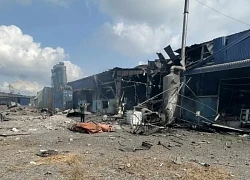 Mi Lan16:52:26 02/05/2024On the morning of May 1, 2024, a devastating gas tank explosion occurred at Binh Minh Wood Company Limited (Vam hamlet, Thien Tan commune, Vinh Cuu district, Dong Nai province), killing 6 people and seriously injuring 5 others.
Mi Lan16:52:26 02/05/2024On the morning of May 1, 2024, a devastating gas tank explosion occurred at Binh Minh Wood Company Limited (Vam hamlet, Thien Tan commune, Vinh Cuu district, Dong Nai province), killing 6 people and seriously injuring 5 others.

2 | 1 Discuss | Share

5 | 1 Discuss | Share
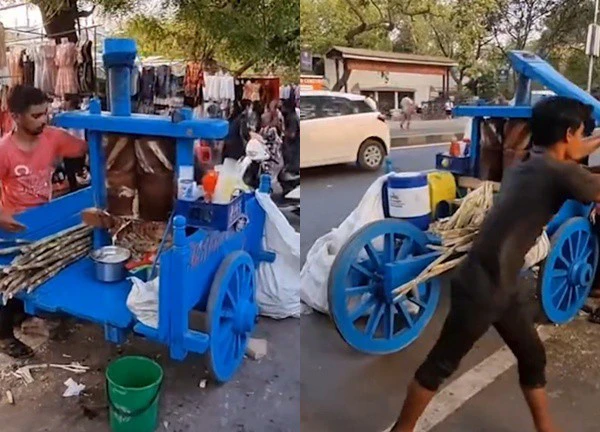
1 | 1 Discuss | Share

3 | 1 Discuss | Share
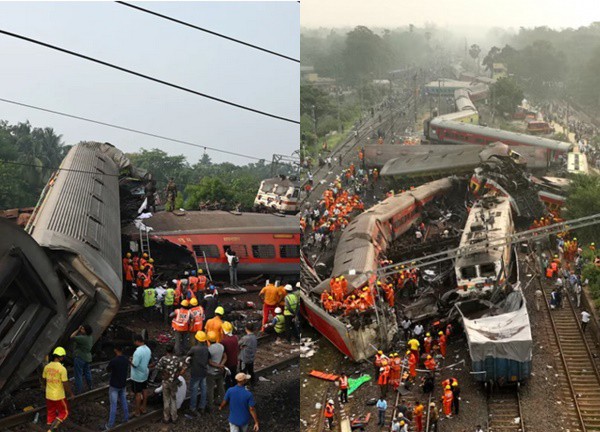
5 | 0 Discuss | Share
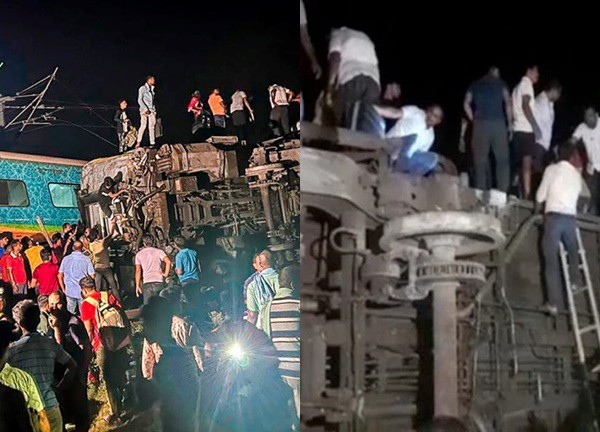
3 | 0 Discuss | Share

3 | 1 Discuss | Share
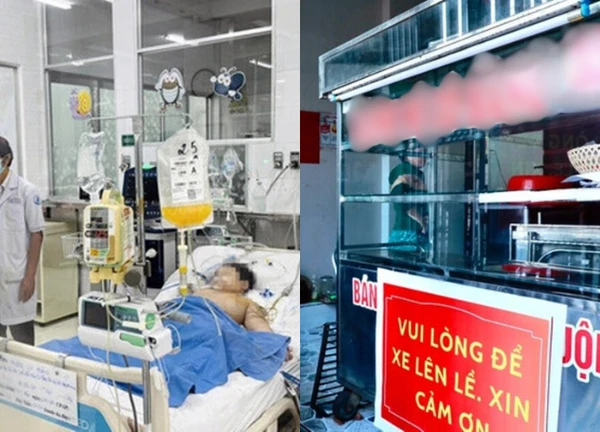
5 | 1 Discuss | Share

2 | 1 Discuss | Share

5 | 1 Discuss | Share

1 | 1 Discuss | Share

1 | 1 Discuss | Share


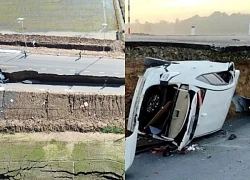
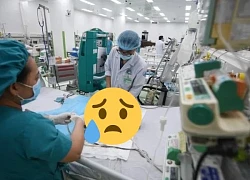

1 | 1 Discuss | Report